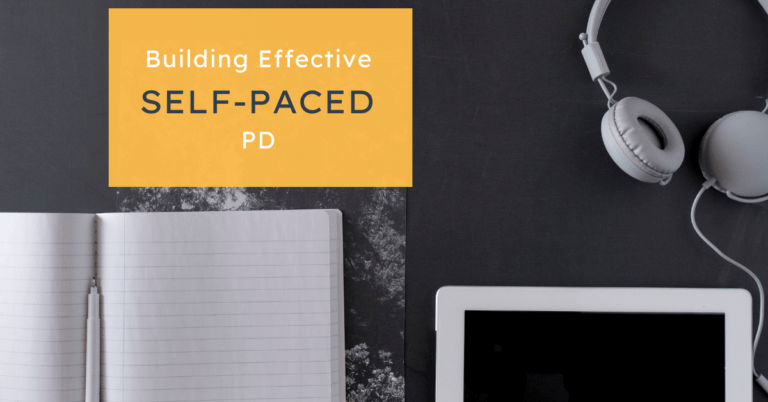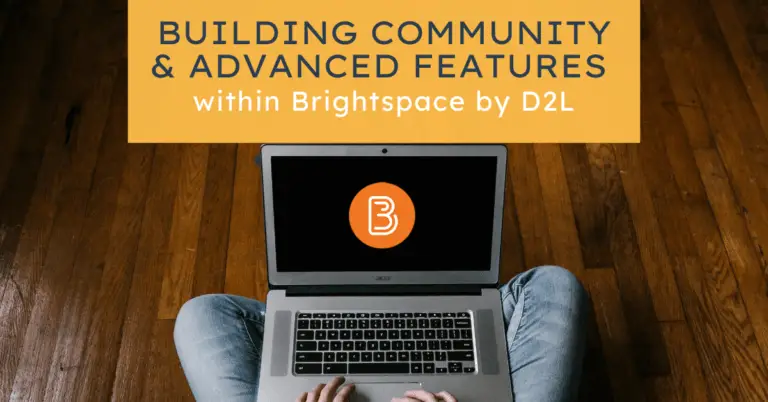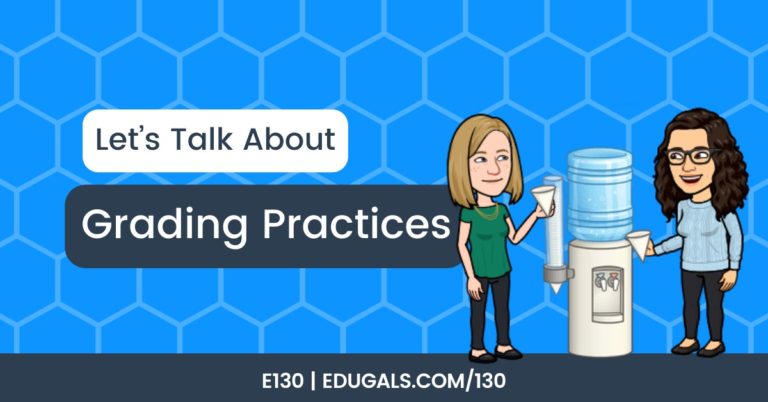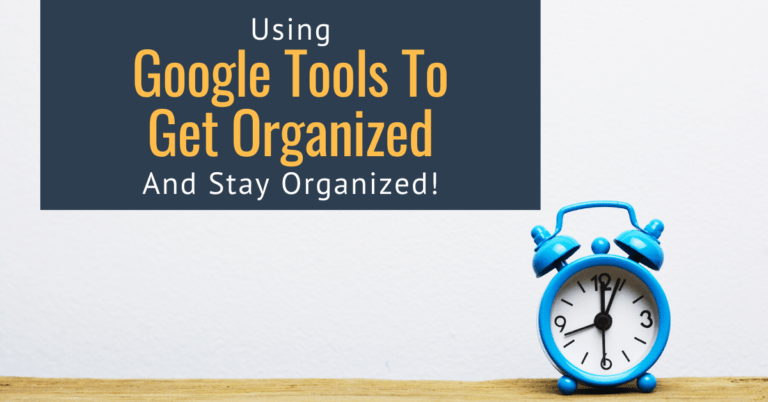[podcast_subscribe id=”7428″]
This week we are going to talk about that feeling you get as a teacher sometimes. That feeling that you don’t know enough, or that you just aren’t good enough. This feeling is actually something called “imposter syndrome,” and it is far more common in education than you think!
If you like what you hear, we would love it if you could share this episode with a colleague or friend. And make sure you subscribe so that you don’t miss out on any new content!
We would love to hear from you – leave a comment here, OR check out our FLIPGRID!
Show Notes
This week’s episode is definitely a different approach than normal. We often ignore or avoid talking about self-doubt or a lack of self-confidence in education because we don’t want to seem or appear weak. Yet, we can honestly say that this plagues many educators, and often many don’t even realize that there is an official term for these real feelings.
This week we decided to open up a conversation about imposter syndrome because we can relate to it, and it definitely affects our lives as educators, and even podcasters, on a daily basis. We also want to share some strategies about how to deal with imposter syndrome and ways to make sure it doesn’t define you.

There are different types of imposter syndrome, and many different triggers in education that may make this rear its ugly head. So let’s go over some of the types
Categories of Imposter Syndrome
- Perfectionist
- Superwoman/Superman/Superperson
- Natural Genius
- Soloist
- Expert
These different categories or types have a lot of similarities, but if you read some of the descriptors, they are still different enough to warrant their own category.
An interesting face that we came across is that women are more likely to deal with imposter syndrome than men. From there, BIPOC women are even more likely to deal with it. It certainly makes you think hard about the challenges and struggles of achieving and experiencing success.
Strategies to Overcome Imposter Syndrome
Accept that you are and know enough
Sometimes you just need to accept that you are being asked to share your knowledge with others, or that you are leading others because you are the right person, and have the right knowledge for the job.
Label it for what it is and move on!
When you are starting to feel that self-doubt creep in, label it for what it is, and don’t let it define your actions or reactions. From there, you have to move on and continue on your journey.
Acknowledge or Find Reasons for Feeling
At times, it can be really helpful to think about and brainstorm reasons why you may be feeling this way. It may help you to better understand the trigger that has brought these imposter syndrome feelings on so that you can work to avoid it in the future.
Continue your Learning and Growth
Often, by continuing to learn and grow as educators, we can overcome some of these feelings of self-doubt. It also helps to ensure that we don’t stagnate as professionals.
Celebrate the Little Victories
Things are going to fall apart sometimes, and other times things are also going to work out! Don’t let it get you down when something doesn’t happen the way you want it to, but be sure to embrace it when it does. The little victories are what you need to hold on to in order to balance out some of those feelings of self-doubt.
Laugh it off!
In any field, it’s important that you can laugh at yourself or at a situation when it doesn’t go as you expect. Don’t let it get you down because life is far too short!
Reasons why educators may struggle
Tough to get hired
It is not an easy task to get a full time permanent position as an educator in Ontario. It often takes many interviews to get long term occasional positions that then lead to interviews for permanent sections. It can take a long time, which in turn can take a toll on your confidence.
Teaching Subjects/Courses That Aren’t Your Expertise
Sometimes, we can get assigned a course that is not in our area of expertise, or that we haven’t taught in many years. This can be quite challenging, and can really shake a teacher’s confidence.
Collaboration Can Be Scary!
Nobody wants to look like they are the teacher/colleague that doesn’t know anything, or to feel like they aren’t as smart or as good as their colleagues. This makes collaborating really difficult. Collaborative culture in teaching is not yet a norm, so putting ourselves out there and sharing with other educators is scary.
Also, in a room full of educators that share the same course or area of expertise, it can be unnerving and difficult to share. It is so easy
You Will Not Always Have the Answer
Particularly at the beginning of your career, not having the answer to student questions can really unhinge you or make you question yourself as the teacher and expert in the classroom.
Teaching Has Changed A LOT
New technology is always being released and updated, and the way that we teach has had to shift so much. This year in particular, many educators have a new LMS to learn, etc. This can really affect our ability to embrace our expertise and can make us doubt ourselves greatly.
This year has made every single teacher feel like a brand new teacher. That is not easy to accept.
New Positions
It is never easy to start a new position, especially if you are also moving to a new school for that position! Every school is so different, and having to shift out of your comfort zone, away from familiar faces and processes can be extremely difficult, and can really rock your confidence.
This is just imposter syndrome sneaking in and trying to get you to doubt yourself. Remember: you were hired for a reason! You are good at your job!
Teacher Performance Appraisals
These can be so nerve-wracking at the best of times! Throw in a new school, new administrator, new courses, etc. and it just kicks up that self-doubt a few more notches!
It’s hard to have someone sit in and observe, especially when it has been a little while since they were in the classroom, and education is always changing. To feel like you are under a microscope in the very space that you normally are quite comfortable, and in fact the leader, is quite unnerving.
It’s no wonder that teachers often question their expertise and doubt themselves!
Parent-Teacher Conversations
Teachers feel like they are under a microscope, so to speak, when doing parent-teacher interviews. Some parents can be quite intimidating, which can affect one’s confidence. The best solution: be transparent with your students, this tends to put them at ease, which in turn helps parents to feel comfortable.
New Learning
It’s hard to take a course and feel like you don’t know anything. We often pride ourselves in being the expert in our area, so the discomfort is real when we are taken out of our comfort zone!
But it isn’t limited to courses that present all new material. Sometimes we can feel like we are imposters when taking courses that are all about your area of expertise, particularly if you are coming out of it with a specialist.
Social Media
Social media can be such a scary place. It is amazing how quickly the public can turn on teachers and/or anyone in the education sector.
On the other hand, there are also some educators that present themselves as picture perfect teachers, with perfect classrooms and super engaged students. It’s hard to live up to that standard or to see that being portrayed online.
Our Biggest Advice:
Find a colleague who is willing to be your imposter syndrome co-conspirator!

Embrace your expertise, and don’t let your self-doubt take over!
Imposter Syndrome Resources
- Overcoming Imposter Syndrome
- 5 Types of Imposter Syndrome and How to Stop Them
- The Reality of Imposter Syndrome
- Imposter Syndrome
- 7 Ways Teachers Can Overcome Imposter Syndrome
- 5 Ways Teachers and Trainers Can Manage Imposter Syndrome
- Newly Qualified Teachers and Imposter Syndrome
- How to Overcome Imposter Syndrome in Teaching
Other Resource:
- No Wifi, No Problem! 4 tips to help you keep your sanity when the wifi goes down at school
News & Updates
Screencastify Submit
Feature added! Can now use embedded webcam and screen for a screencastify submit assignment. Check it out here!
EdPuzzle and Explain Everything
These two tools are now integrated! You can make your video on your iPad using Explain Everything, and then you can add it directly to EdPuzzle without additional steps of uploading to your Drive, etc. Check out the update!
Our 25th Episode!
We are so excited to be able to create and publish our EduGals podcast. It has been a passion project that has really enriched our lives as educators.
Thank you to our listeners for making this possible!





